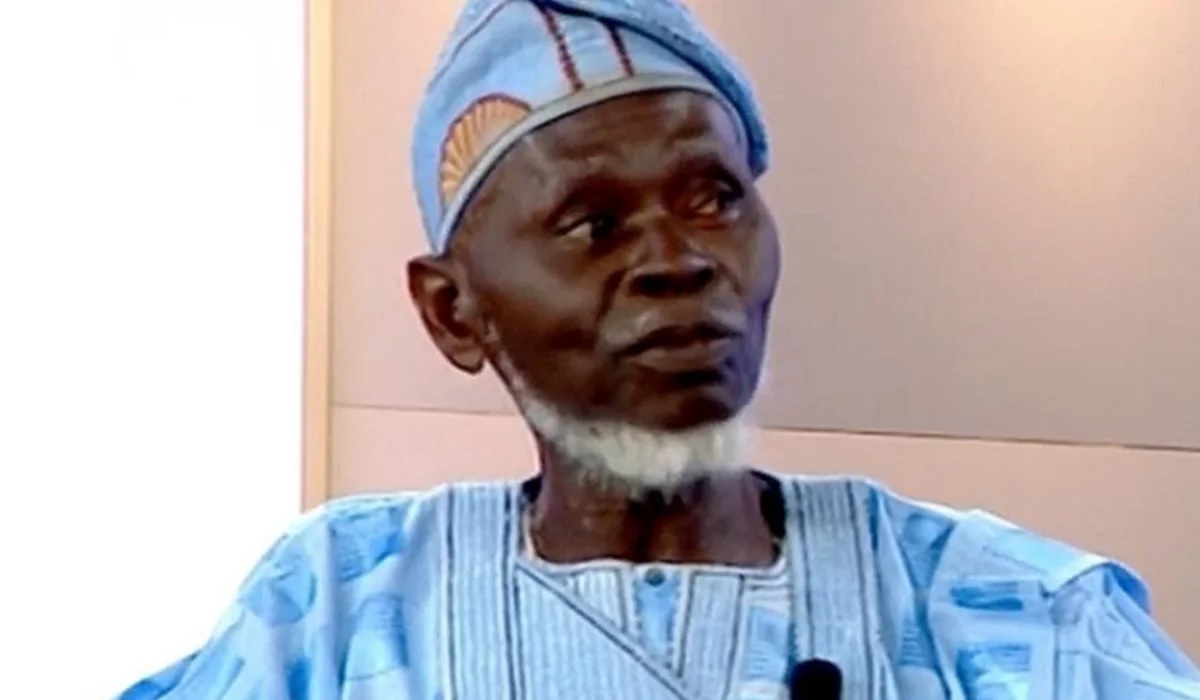The Labour Party (LP), one of the opposition parties in Nigeria, is facing a leadership crisis that has pitted its presidential candidate in the 2023 elections, Peter Obi, against its factional chairman, Lamidi Apapa.
Apapa, who claims to be the authentic chairman of the party after a court ruling removed Julius Abure from the position, has accused Obi of siding with Abure and undermining his authority.
Apapa also alleged that Obi lied about not knowing him and said he had evidence to expose him.
The crisis came to a head on Wednesday at the tribunal where the party is challenging the outcome of the presidential election that saw President Muhammadu Buhari of the All Progressives Congress (APC) defeat Obi and other candidates.
Apapa had a heated argument with some party supporters over the sitting arrangement at the tribunal and was booed and assaulted as he left the premises.
Speaking to journalists later, Apapa denied that he had collected bribes from other political parties to destroy LP from within.
“On the allegation of bribe-taking, it’s not true. If you have evidence to prove, bring your evidence that I have collected money or we’ve collected money from anybody. It’s absolutely untrue,” Apapa said.
“On Peter Obi taking sides, I don’t want to expose him, but he deserves to be exposed. Some time ago, in one of the interviews he (Obi) granted, he said he did not know me at all.
“I have been trying to cover him, but he does not deserve it. The reasons are this: This is a man, during his primary in Asaba, I did the opening prayer. And I was not a young officer. I was the deputy national chairman of the party. I have been 21 years in this party. I have held a lot of positions in this party to the level I am today.
“Obi’s first campaign started in Benin. I was in Benin with him. And we used his aircraft from Benin back to Abuja–chartered plane. Not only that, when he came to Ekiti (Afe Babalola University), I led the team that hosted him in that campus. We were there for over two hours. I led the team to the palace. And he doesn’t know me?”
The LP crisis is one of the many examples of how political parties in Nigeria are plagued by internal conflicts and personality clashes that often overshadow their policy agenda and vision for the country.
According to a report by the United States Institute of Peace (USIP), political parties in Nigeria are driven by elite politics with little resonance at the grassroots level. They do not address the issues of religion, ethnicity, and region that increasingly mobilize the Nigerian “street.” The report also notes that political parties are not based on ideology or policy but on personality and money.
The Council on Foreign Relations (CFR) also observes that political parties in Nigeria are instruments of elite politics with little connection to ordinary citizens. It states that political parties cannot be characterized as being on the “left” or the “right” and that there is no Muslim or Christian party.
A critical exposition by SAGE Journals argues that governance and political leadership in Nigeria have been driven by self-interest and other primordial considerations, which take priority over that of the public3. It states that the state has failed in three major areas: security of lives and properties, promotion of the rule of law, and provision of visionary leadership3.
The LP crisis is therefore a reflection of the broader challenges facing Nigeria’s democracy and development. There is a need for political parties to reform themselves and become more accountable, inclusive, and responsive to the needs and aspirations of Nigerians.
